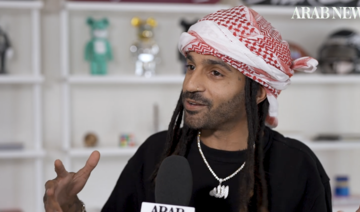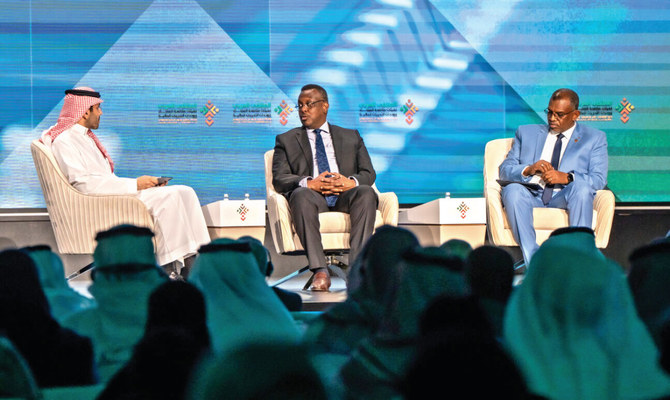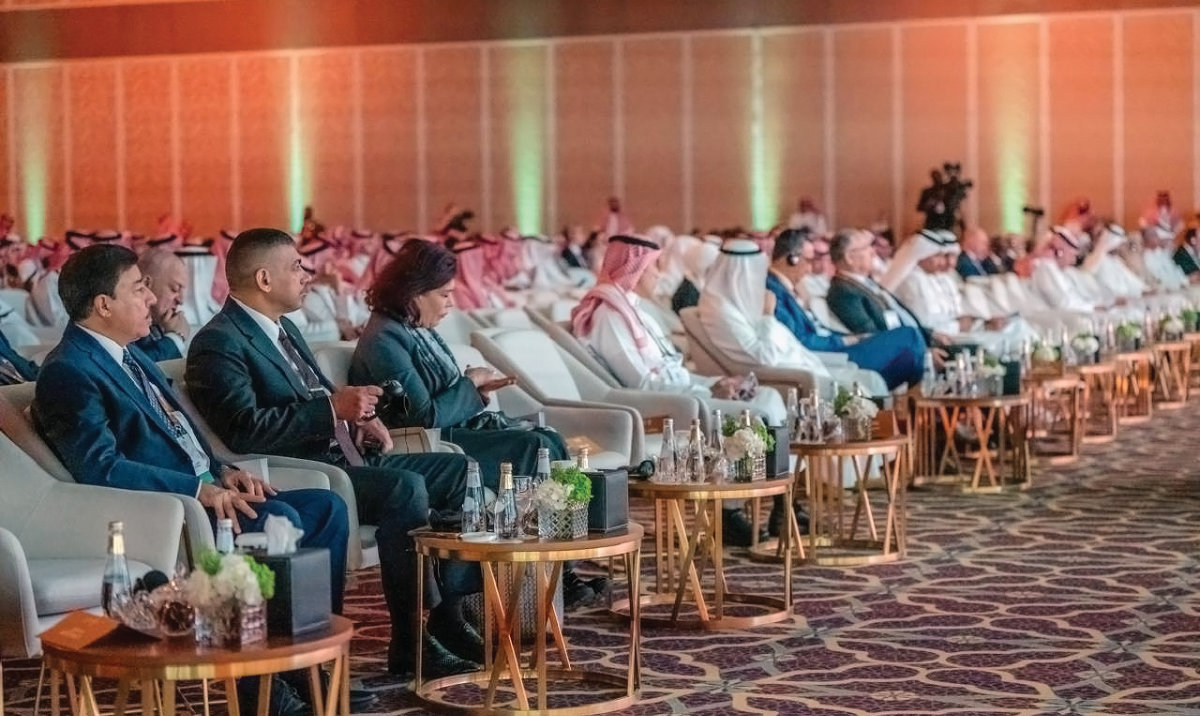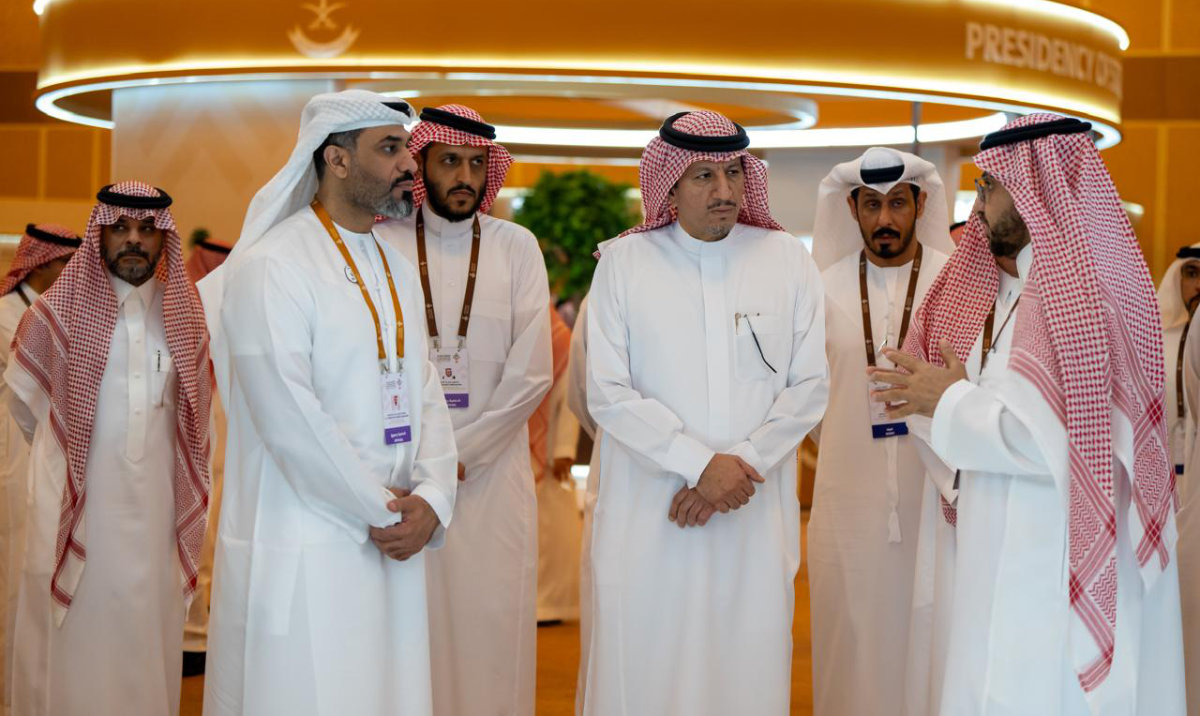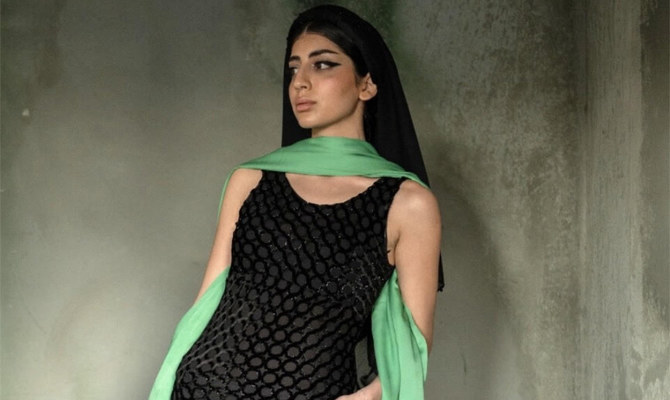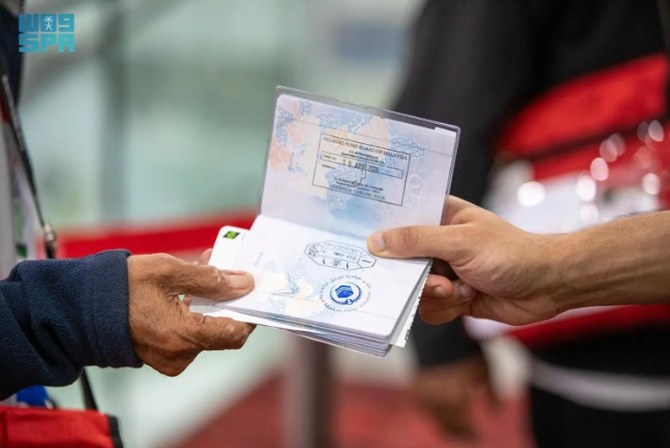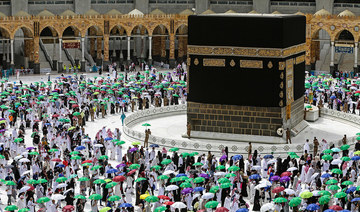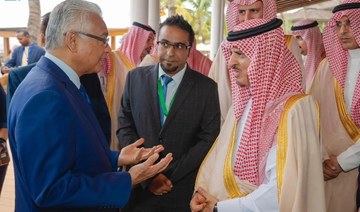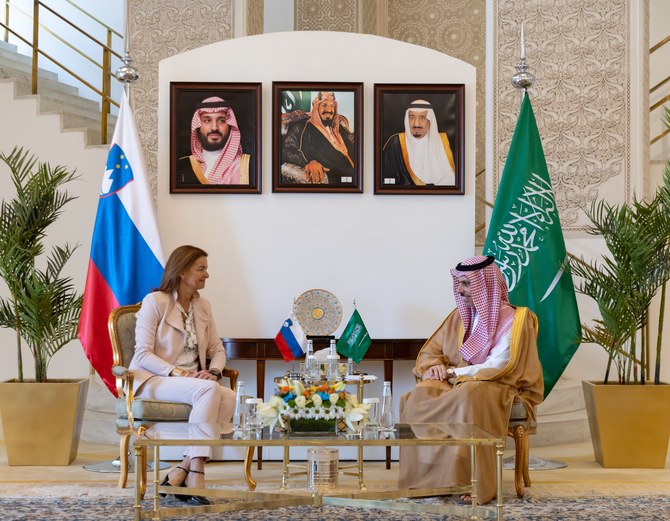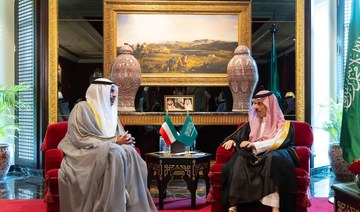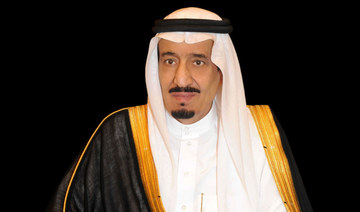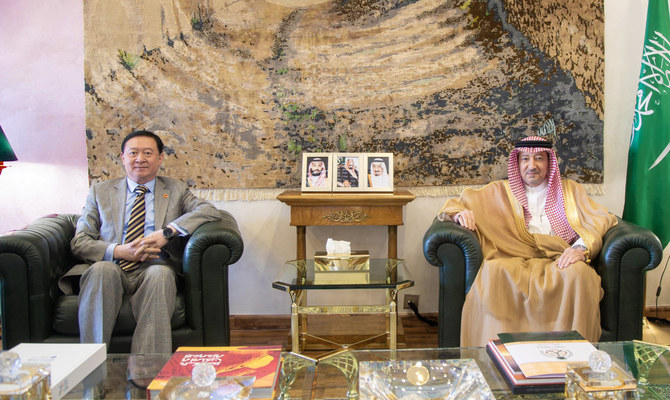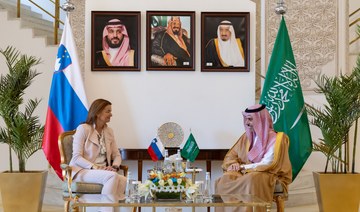RIYADH: For years, flipping through magazines and passing by billboards guided people to products. Today, technology and innovation have shifted marketing tactics to the digital realm.
Artist and entrepreneur Jeed told Arab News that “the adverts and typical detergent ads where the little football player falls and they put in the detergent and split the screen … that’s not working anymore.”
Commenting on the sophistication of consumers, he added: “No one is only from Saudi, the Emirates or France. They’re also from the Internet.”

Jeed, Saudi rapper and founder of Hrmny Creative Co.
Jeed has made a name for himself regionally as a rapper, but the Saudi creative has much more than sly hooks and fresh sounds under his belt.
For the first time, he talks about the “accidental” founding of the creative marketing agency Hrmny Creative Co., the new age of marketing, and shaping identity as an artist.
In the past, the agency has acquired high-profile clients, including NEOM, Puma, Reebok and Albaik.
HIGHLIGHTS
• Saudi rapper Jeed is the founder of the marketing agency Hrmny Creative Co.
• The ‘From the Sand’ rapper is on Apple Music’s ‘Rap Life’ playlist, alongside names such as Drake and Lil Baby.
• The agency has acquired high-profile clients, including NEOM, Puma, Reebok and Albaik.
Far from a typical agency, it includes Hrmny + Lab, which offers a library of royalty-free sounds for music production, and Hrmny Records, a label formed in partnership with Empire Inc.
Jeed, producer A’Y, and artist Moh Flow originally came together to collaborate as musicians, and eventually created their own content and event planning. By managing their own social media, community engagement, and analytics, they realized their potential.
Jeed explained the origins of the idea: “It was like a light-bulb moment. These are services that we’re doing. We worked with small companies in the beginning, then we found our way to Saudi.

Hrmny + Lab offers a vast library of royalty free sounds for music production. (Supplied)
“We opened an office in 2019, and we were there for a gig, actually. I said, if I get one more client in Saudi, I’m not leaving. And we got one.”
Originally kicking off in Dubai with a focus on social media and music, their work has grown to reflect the nuances of an evolving region by blending corporate and pop culture.
“We walk a fine line between the two. It’s this duality that we have going on which is the new Saudi in my opinion,” he said.
The agency is gaining ground by knowing the Saudi audience.
You have stories in Riyadh, Alkhobar; you have Gen Z, older folks; you have heritage. There are so many layers to unfold. Saudi Arabia also changed. As marketing companies, it’s our job to communicate the new Saudi as well, because that is our direction.
Jeed, Saudi rapper and founder of Hrmny Creative Co.
Last year, for example, Saudia Airlines was criticized for a commercial featuring Senegalese American singer Akon wearing an Emirati thobe on a Eid holiday ad campaign. The ad was turned into a meme, and mocked for its inaccurate representation.
It was a lesson on the importance of local knowledge.
“You have to tell the Saudi story. You can’t sidestep that at all. I find some agencies struggle when they first go (to Saudi Arabia). It’s because they may not have lived there,” Jeed said.
In a customs and culture-driven country, the key to a successful marketing strategy lies in highlighting its homegrown roots.
“You have stories in Riyadh, Alkhobar; you have Gen Z, older folks; you have heritage. There are so many layers to unfold. Saudi Arabia also changed. As marketing companies, it’s our job to communicate the new Saudi as well, because that is our direction.”
Music, like other products, is also sold as a commodity on the global market. But the post-2000s digital revolution has made it more accessible than ever, creating a more intimate experience for fans. According to Jeed, rather than marketing music itself, the artist is now the face of the product.
As a musician taking on the role of a marketeer, he emphasizes the importance of narrating a story, unlike the past where the public found exclusivity and mystery more intriguing.
He said: “Now, the face sells everything. That goes back to artistry as well. I come from the era where your face doesn’t matter so much, where you don’t do too many interviews, you don’t do behind the scenes too much.
“People had mystique. In today’s world, you can’t do that anymore. They want way more than the music.”
However, with a more flexible mold for advertising, one bolstered by creativity, artists have become more of a self-standing brand. International artists such as Frank Ocean rarely share posts, and when they do, it’s the talk of their fanbase, while others like SZA have made a habit of posting nonchalant photo dumps, making their brand much more personal, like their music. Jeed, meanwhile, has kept a minimal online presence.
“I know what works, and what brands should do is very different from what your personal brand should do,” he said.
The tactic has seemed to work for the “From the Sand” rapper, landing him on Apple Music’s “Rap Life” playlist, alongside names such as Drake and Lil Baby, on the “New Gulf” playlist, and others on Spotify and Anghami.
He has performed on the Soundstorm Music Festival stage in Riyadh, Sole DXB in Dubai, and most recently at Cannes Lions International Festival of Creatives in Cannes in June. He was not always the type to flaunt his nationality, but quickly realized what a positive impact that could create.
He said: “Putting myself out there changed so much by saying I’m Saudi. That was step one. Step two was how could I incorporate that musically?”
While Jeed sometimes gets criticized for claiming to be a Saudi rapper while promoting English lyrics, his songs are littered with Saudi cultural anecdotes: the chicken nuggets from Albaik, pronouncing Pepsi as “Bebsi,” and getting Nova chewing gum at the baqala instead of change in coins.
His latest single “Spaceship” includes the lyrics “I’m so Saudi, man, I’m so Vimto,” and others that are relatable to locals.
Jeed’s message to upcoming artists is to just be yourself.
“There’s nothing called you’re ‘not Saudi enough,’ or you’re ‘too Saudi.’ There’s nothing called only do it in Arabic or only do it in English. What makes sense for you?”
It wasn’t long ago when Afrobeat and Latin pop were niche genres, but now they top the global charts. With an authentic approach, he believes Saudi talent could go much further than the region.





